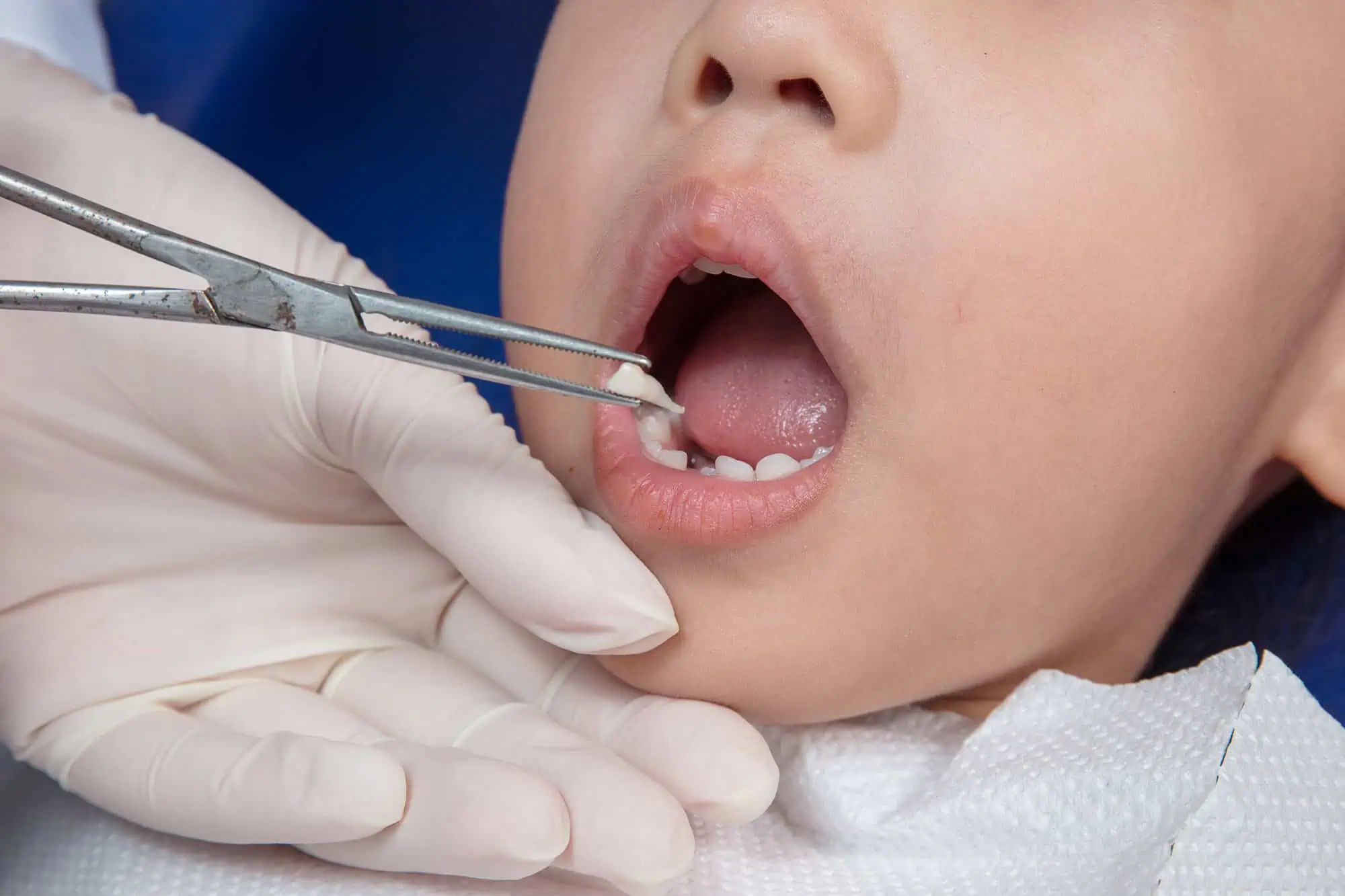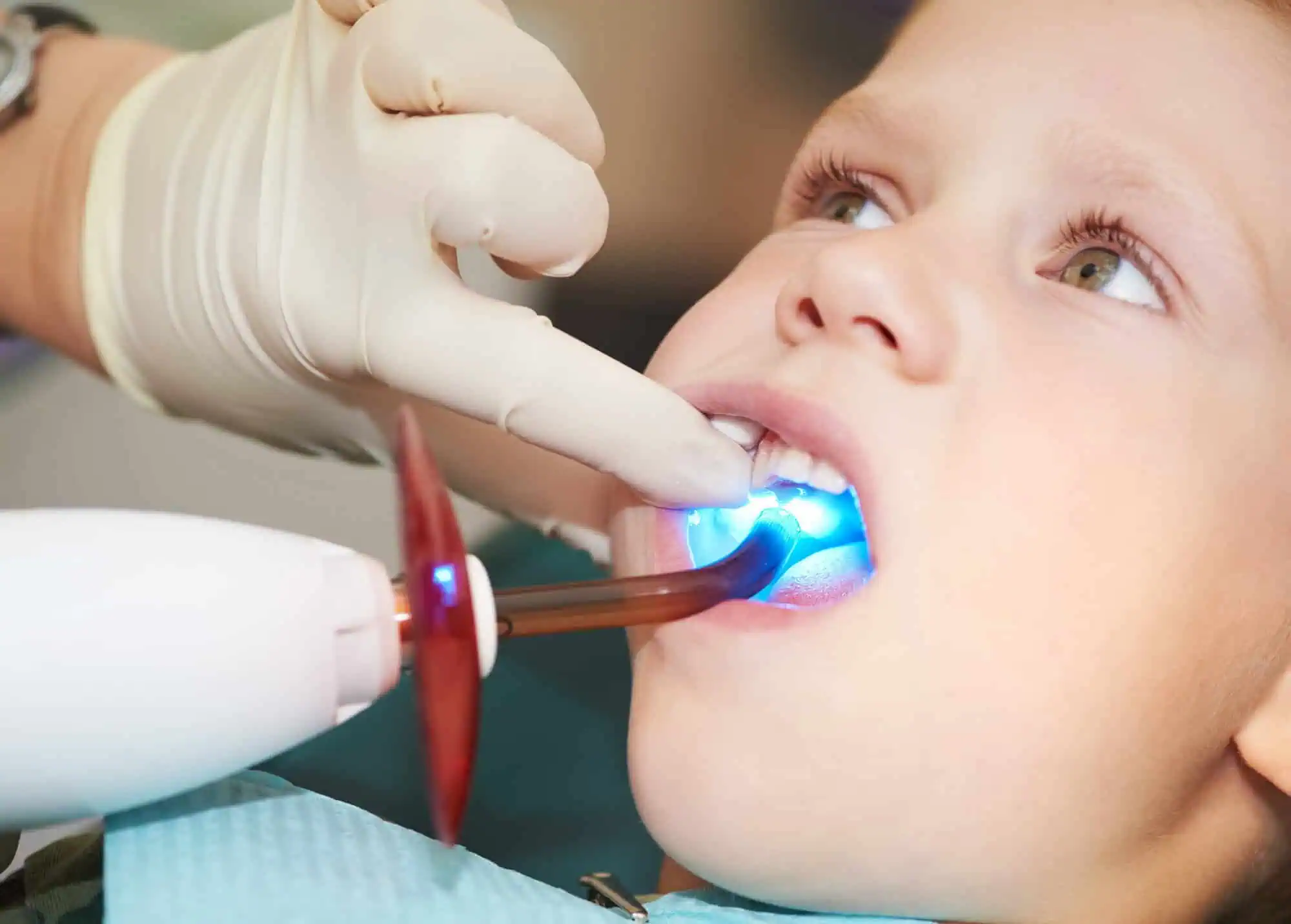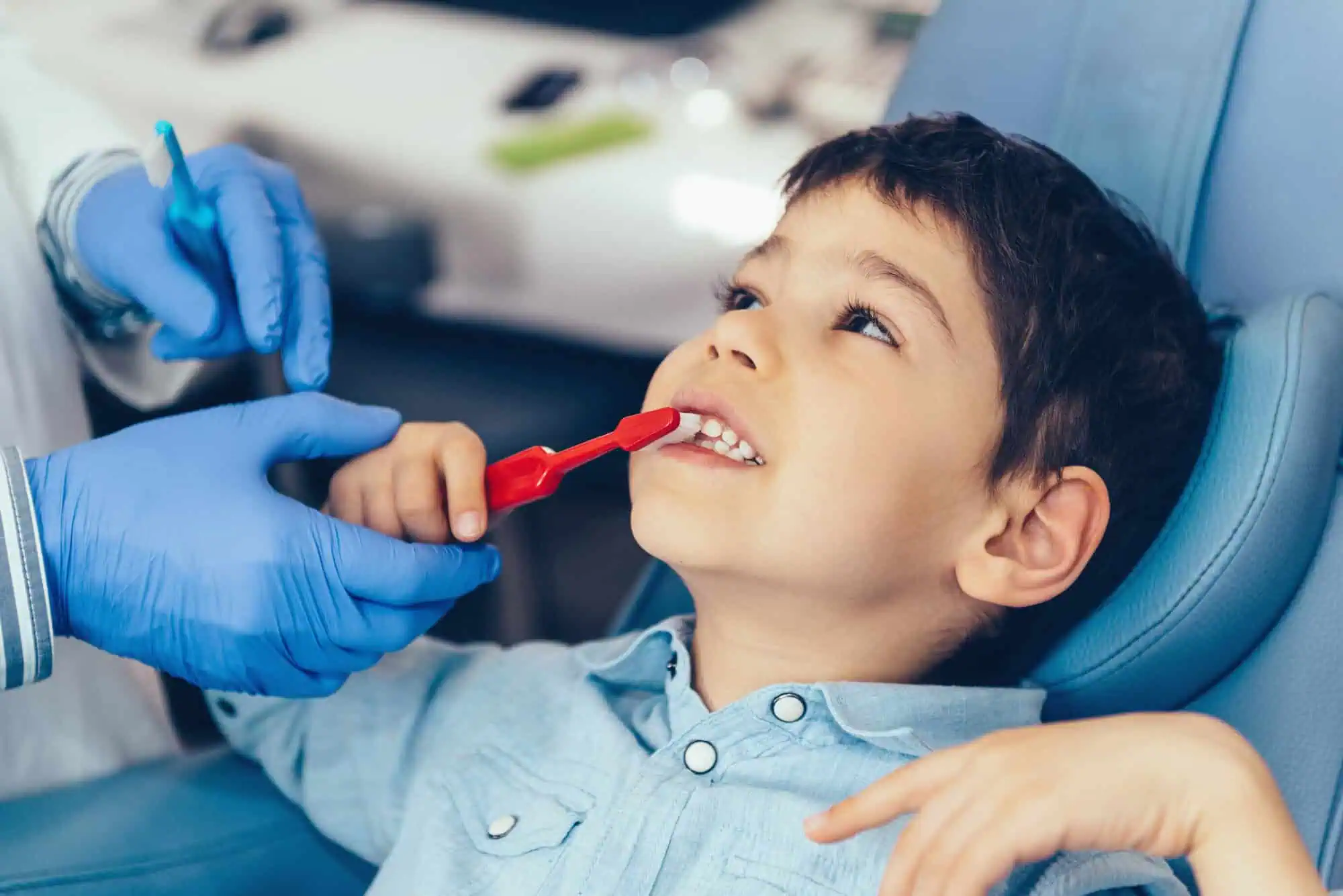Misunderstandings around dental health can often leave parents confused about how to support their child’s oral development. By separating fact from fiction, you can ensure your child receives the best possible care for a healthy smile. In this post, we will debunk some common dental myths, empowering you with accurate information to help your child maintain optimal oral health.
Myth 1: Baby Teeth Don’t Matter
Fact: Baby teeth are crucial for overall health and oral development. They serve several critical functions, including helping with eating, speaking, and maintaining the proper spacing for permanent teeth. Neglecting primary teeth can lead to various issues, such as misalignments, decay in adult teeth, and difficulty with speech and eating. Establishing good dental hygiene habits early helps protect baby teeth, supporting your child’s long-term oral health.
Myth 2: Sugar Is the Only Cause of Cavities
Fact: While sugar is a significant contributor to tooth decay, it is not the only culprit. Cavities can also form from acidic foods (like citrus fruits) and poor oral hygiene practices. Bacteria in the mouth feed on sugars and starches, producing acids that attack tooth enamel. This process can occur with any fermentable carbohydrate, so encouraging good dental hygiene is key to preventing cavities, regardless of sugar intake. Additionally, teaching children to rinse their mouths after consuming acidic or sugary foods can help minimize the risk of decay.
Myth 3: If My Child Isn’t in Pain, There Is No Problem
Fact: Many dental issues can develop silently without causing immediate pain. Conditions such as cavities, gum disease, or oral misalignments may not be noticeable until they progress to a more serious stage. Regular dental checkups are crucial because they allow dentists to identify problems early. This allows them to provide timely treatment and prevent discomfort or more severe health issues later. Bring your child to the dentist at least twice a year, regardless of whether they are experiencing pain or discomfort.
Myth 4: Brushing Harder Cleans Better
Fact: Some parents believe that brushing teeth harder will remove more plaque and food particles, but this is not true. Brushing with too much force can damage tooth enamel and irritate gums, leading to sensitivity and gum recession. A gentle brushing technique with a soft-bristled toothbrush is recommended to keep teeth clean while preventing erosion. Teach your child to brush using gentle, circular motions, focusing on reaching all sides of each tooth and under the gum line. Additionally, using fluoride toothpaste can strengthen teeth and help in the remineralization of tooth enamel.
Myth 5: Dental Visits Aren’t Necessary Until Adult Teeth Come In
Fact: The American Academy of Pediatric Dentistry recommends that children have their first dental visit by their first birthday or when their first tooth erupts, whichever comes first. Early visits can help establish good oral hygiene habits and allow dentists to monitor the development of your child’s teeth. This proactive approach can identify potential issues like tooth decay, alignment problems, and abnormal dental developments before they become significant concerns. Additionally, early dental appointments often lead to better outcomes and a more positive attitude toward dental visits in the future.
Myth 6: Fluoride Is Harmful
Fact: Fluoride is often misunderstood, but when used correctly, it is a safe and effective cavity prevention tool. Fluoride strengthens tooth enamel and encourages remineralization, making it a vital component in dental health. It is found in many community water supplies and dental products. The key is to use fluoride in appropriate amounts. Parents should supervise children’s brushing sessions to ensure they use a pea-sized amount of toothpaste and avoid swallowing it. Consult with your dentist if you have concerns about fluoride dental products or if your family’s primary water source is not fluoridated.

Being informed about dental health is essential for every parent. By debunking these common myths, you can ensure that your child receives the best possible dental care and understands the importance of maintaining good oral hygiene. Do not hesitate to ask your child’s dental team any questions you may have; we are here to help you navigate your child’s oral health journey!










